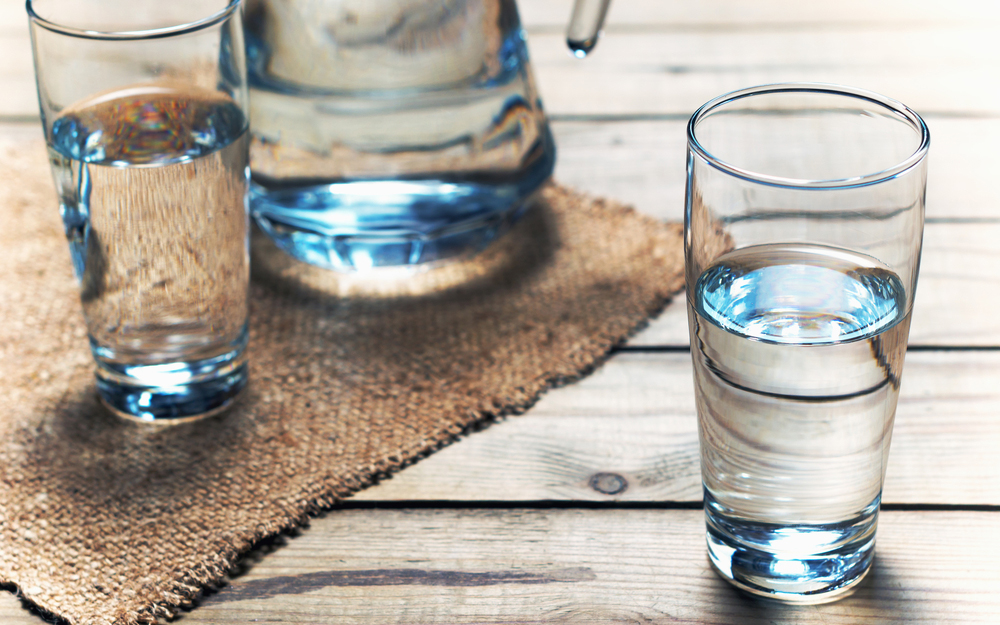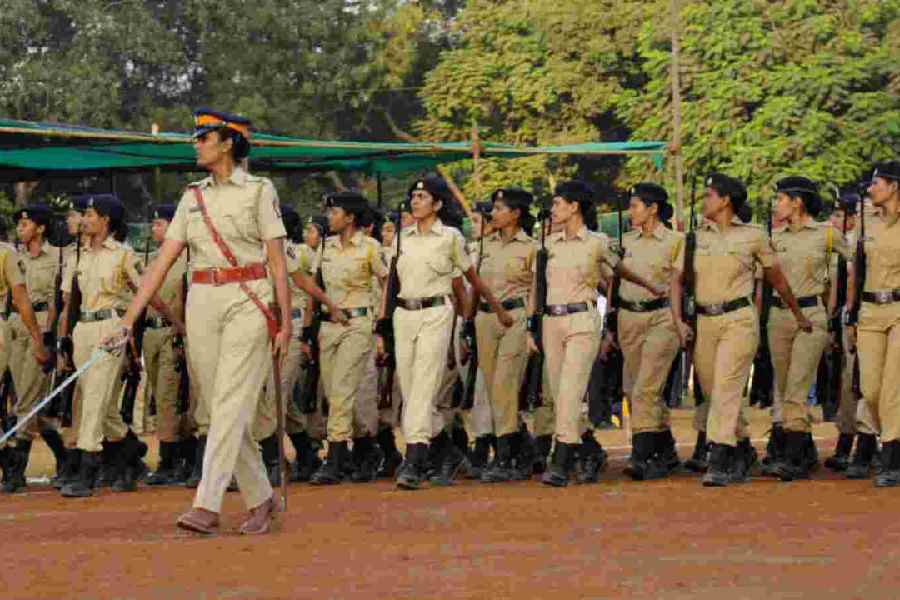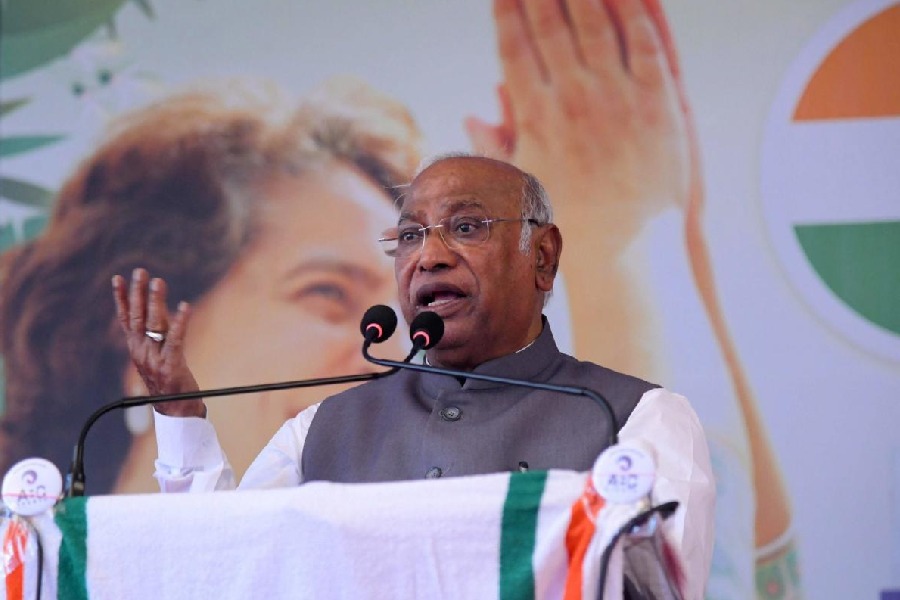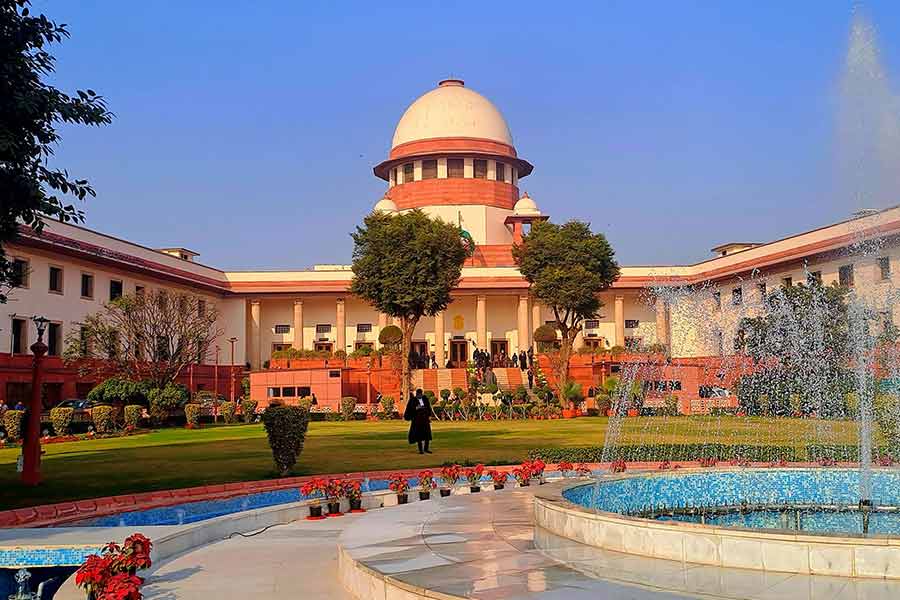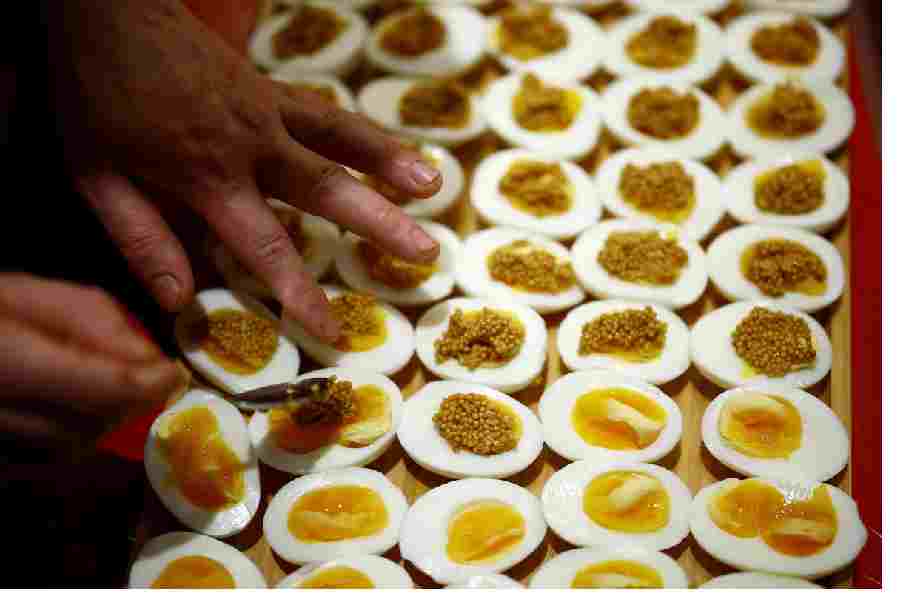One of the things that should be on everyone's agenda during this long, hot summer is drinking enough water. In the last 10 years, it has become easier to stay hydrated as everyone can, and does, carry their own water bottles in a variety of shapes, sizes and models. Also, bottled water can be easily purchased.
The adult human body is composed of 60 per cent water, which keeps our cells functioning, and enables enzymes and hormones essential for metabolic functions to perform efficiently. It transports nutrients, regulates body temperature, lubricates joints and internal organs, provides structural support to cells and tissues, and sustains the function of the heart and blood vessels.
The body loses water through the skin (sweating), lungs (breathing), kidneys (urine) and digestive tract (solid waste). A person can survive for a week at the most without water.
The magic mantra for the water an adult needs is 8x8, that is, eight glasses of 8 ounces each or 1,920ml. This figure is based on sketchy research in the 1940s when it was assumed that an average adult needs about 1,900 calories a day and 1ml of water was required to metabolise each calorie. Later research showed that the average adult male requires 3.7 litres (15 glasses) and the average adult female 2.7 litres (11 glasses) for adequate hydration. The requirement is higher when the weather is hot, you are a sportsperson or are engaged in any physical activity, and during pregnancy and lactation.
You can use not only water for hydration but also coffee, tea, buttermilk, juices and even vegetables and fruits. Cucumber and watermelon are nearly 100 per cent water. During exercise, rehydration should preferably start an hour before, continue at intervals during, and then for about an hour after. Plain water, lightly salted buttermilk, lime juice with sugar and salt are ideal for rehydration. Fizzy drinks and fruit juices tend to be hypertonic. Even though they temporarily feel good, they cause rebound thirst and dehydration. Fluid intake is adequate if you rarely feel thirsty, and your urine is consistently light yellow in colour.
Sports drinks are good if you have been exercising intensely for at least an hour. They contain electrolytes, which help replace sodium and potassium lost while sweating. They also contain sugar that provides energy during long workouts.
“Energy” drinks are popular for rehydration during endurance and sports activities. Most of them are formulated to provide jolts of energy as they contain caffeine, sugar and other stimulants. They are not formulated to replace electrolytes lost in sweat and are constituted differently from sports drinks. Overuse can result in side effects such as palpitations, headaches, shaking, insomnia, giddiness and fainting.
Thirst is usually a reliable indicator of hydration. In the elderly, the thirst mechanism can fail. They anyway tend to eat and drink less, so dehydration can gradually set in unnoticed.
If you are hungry, try drinking a glass of water first as the body can confuse the signals of thirst with that of hunger.
Inadequate hydration immediately produces thirst and causes the urine to become high coloured. It also results in poor appetite and heat intolerance, dizziness and low blood pressure. Over a period of time, it results in constipation. Kidney stones can also form due to the high concentration of crystals in the urine. Dehydration also produces illogical, muddled thinking, labile moods, inattentiveness and lack of recall.
The body’s water balance is determined by consumption, age, activity level and environmental conditions. Water needs, therefore, vary from person to person and day to day and should be adjusted accordingly.
The writer is a paediatrician with a family practice at Vellore and author of Staying Healthy in Modern India.
If you have any questions on health issues, please write to yourhealthgm@yahoo.co.in

